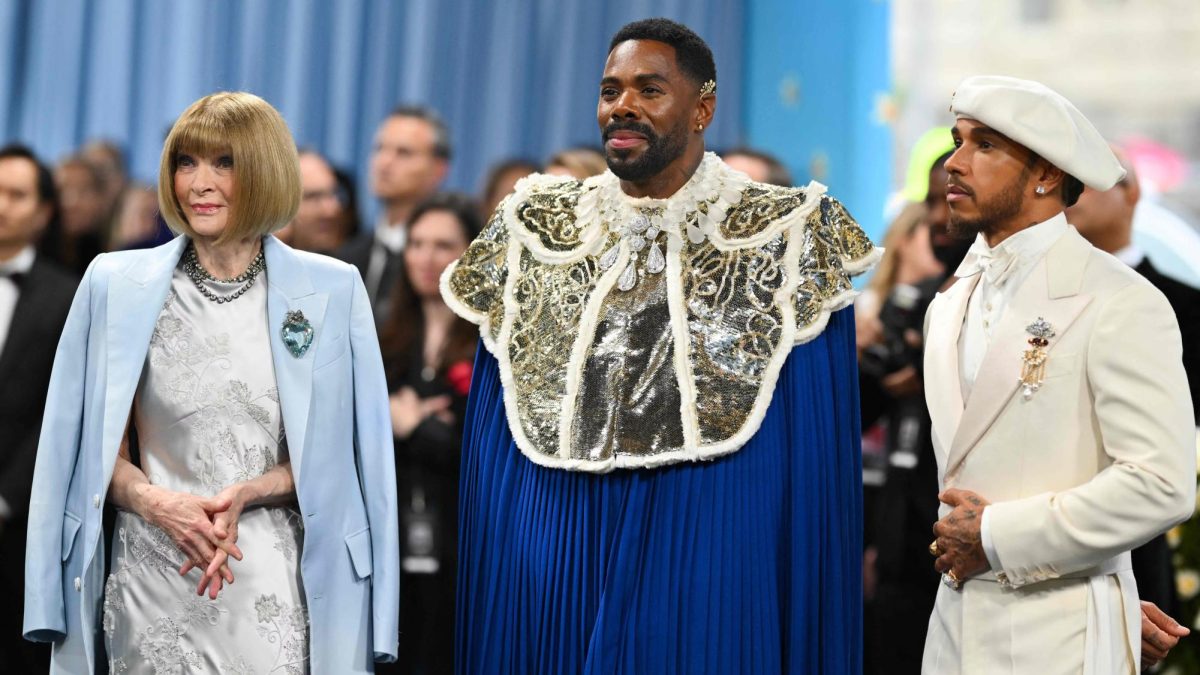DeErricka Green | Managing Editor 
Singer, songwriter, musical visionary, regal, radical, civil rights activist and Afrikan American pioneer- all wrapped up into the woman known fondly as the High Priestess of Soul, Nina Simone.
Since 2005, talks of a film depicting Simone’s life have been floating around Hollywood with a script written by Cynthia Mort, the writer and producer of such hit shows as Will & Grace and Roseanne.
In 2010, word spread that singer Mary J. Blige was slated to portray Simone. While the public’s interest was piqued with this choice, many critics were skeptical as to whether Blige had the expertise and overall character to play the dynamo. Alas, the public did not have to wonder about that for long, as the production ran into financial problems, forcing a delay in the project for more than a year. Blige subsequently dropped out of the film.
This left people to wonder who could play Simone; bloggers and Simone fans campaigned for actresses and entertainers that they felt would be more of an appropriate fit for the role. Names such as Viola Davis, India Arie, and especially Adepero Oduye, star of the widely acclaimed film Pariah, were all thrown out as logical choices.
However, feelings of confusion and outrage bubbled to the surface when The Hollywood Reporter made the announcement in August that Zoe Saldana had been made Mary J. Blige’s replacement.
As cringe-worthy as it is to say that the public’s backlash stems from the idea that Zoe Saldana is not “black enough,” despite her Dominican background, it is true that Simone’s looks were as relevant and powerful to her influence as her music.
Born in North Carolina, Simone aspired to be a concert pianist. As a young woman, her musical dreams were briefly put on hold when she was denied a scholarship to the prominent Curtis Institute of Music in Philadelphia, despite an exceptional audition. She was later told by someone working at Curtis that she was rejected because she was black.
Simone later cited this as one of the incidents that contributed to her eventual involvement in the Civil Rights Movement, especially in her music.
She famously addressed the racial inequality in America in the song “Mississippi Goddam” (1964), her response to the murder of Medgar Evers and the bombing of a church in Birmingham that killed four black children. She also performed and spoke at many Civil Rights meetings, such as at the Selma to Montgomery marches. In contrast to Dr. Martin Luther Kings non-violent approach, Simone advocated violent insurgency during the civil rights period, and she hoped that African-Americans could form a separate state. Simone left the United States in the 1970’s, making roots in Barbados, Liberia, Switzerland and the Netherlands, before finally settling in France. She suffered from breast cancer for a number of years (in addition to being diagnosed with bipolar disorder), before passing away in her sleep in 2003.
Despite her passing, Simone’s audacious character and beauty have left a legacy that continues to resonate with her fans, lifelong and new.
Besides her outspokenness and blatant “bump society” attitude, Nina Simone’s name is synonymous with her deep chocolate skin, full lips, wide nose and tight fro. Throughout her career, Simone overcame racist remarks and accusations that she did not have the “right look” to be a star.
While we do live in a world where Ne-Yo claims to have turned down the chance to play Dr. Martin Luther King on the big screen because he refused to gain any extra pounds before the release of a new album, is it wrong for members of the black community to be outraged that Hollywood wants to push a Nina Simone that is fair-skinned, thin-lipped and narrow-nosed?
I guess if you look at Hollywood’s history of casting black female roles, especially in biopics, this controversy is not all that surprising. With a few exceptions- Angela Bassett as Tina Turner and Halle Berry as Dorothy Dandridge- Hollywood has a long standing history of shafting the black community by casting white women in the lead of films based on the lives of black women.
Yet, the Lifetime remake of Steel Magnolias caused uproar. Alright Hollywood.
Since the announcement of Saldana as the lead in Nina was made, a petition on Change.org has been created, which demands that Saldana be replaced. Supporters of the petition would rather that role go to Adepero Oduye, India.Arie or Viola Davis. The petition, however, has been met with criticism.
There are those who support Saldana, like artist Jill Scott, who says that her “blackness” should not be defined by the color of her skin or the straightness of her hair. Scott said to Ebony that she felt “there should be some work done [on Saldana’s appearance], like a prosthetic nose…and definitely some darker makeup.”
Is that what a legend like Nina Simone deserves? Someone of Simone’s influence and presence in the black community should not have to settle for an actress with a prosthetic nose and dark makeup. She deserves an honorable tribute, not a game of dress up. But the fact that Cynthia Mort initially wanted Mary J. Blige to undertake the role, and it having been seen that since Saldana’s replacement, the production’s financial woes have been resolved, shows that one thing is pretty clear about this production- the name is more important than the accurate representation of the legend.






